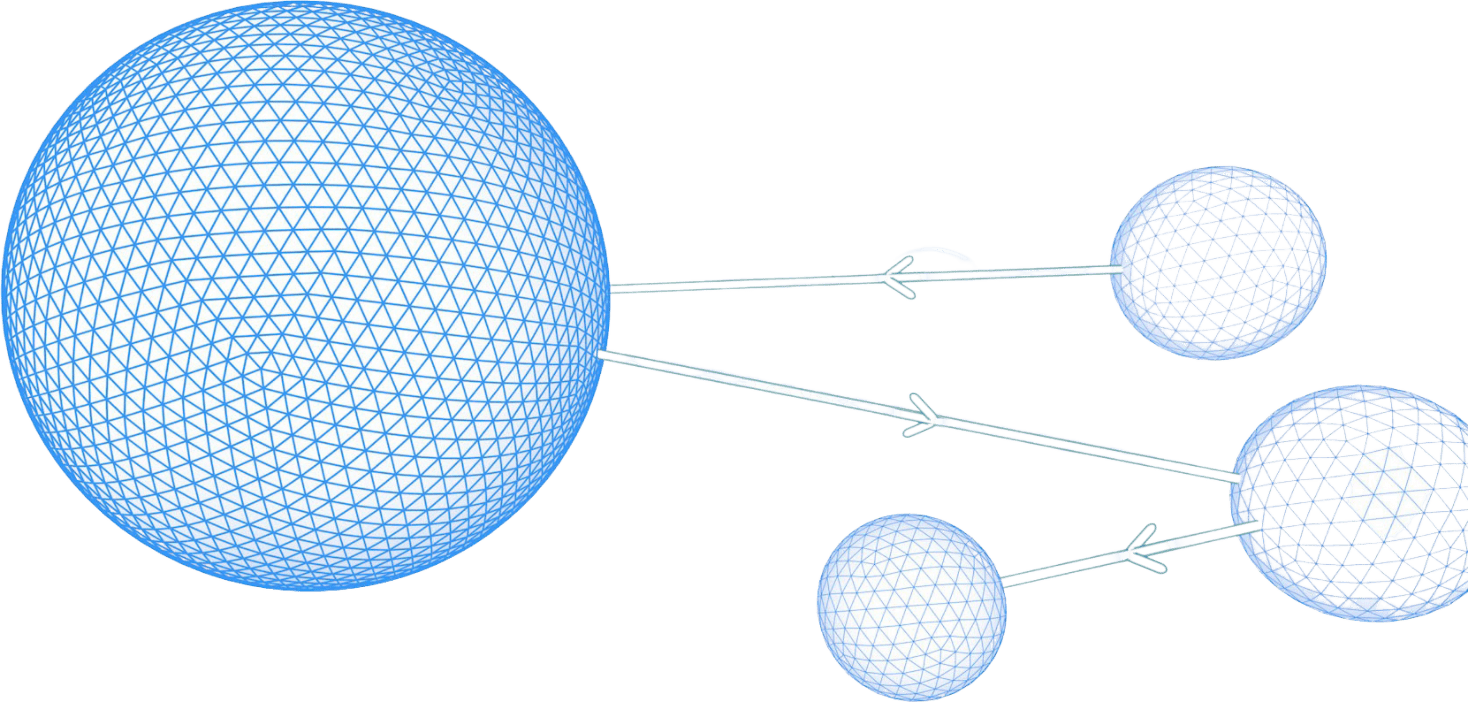Energy & Utilities
Traditional, correlational, Machine Learning approaches are often not sufficiently trusted or capable enough to address some of the biggest challenges across Marketing, Customer Journey, Exploration & Renewables
Traditional machine learning approaches often fail to address critical business questions
Spurious correlations lead to bad decisions
And are often perceived as “black boxes”
Read more on our blog:
Explainable AI (XAI) doesn’t explain enough
For example, they can predict if a customer will churn or not but can’t recommend the optimal next best action to retain the customer

Do these questions sound familiar?
Energy & Utilities run on causal questions
Leverage decisionOS
the first operating system for decision making powered by Causal AI, to address all those causal questions
Causal AI
To move beyond traditional ML and into a world where you can provide actionable recommendations by leveraging state of the Causal AI tools and methods.
Learn moreDecisionApp Building
Seamlessly surface recommendations to your business partners as expressive, tailored and interactive applications focused on decision-making.
Learn moreDecisionOps
For the deployment and monitoring of decision workflow, trusting those workflows in production and measuring the causal impact of your decision-making.
Learn moreTrusted by leading organisations







Causal AI at TotalEnergies
Watch the talk from the Causal AI Conference 2022
Case studies
Customer Case Study: Marketing Mix Modeling
A leading Mobile App company sees a projected 15x ROI through a reduction of 5% in annual marketing spend using decisionOS to optimise marketing allocation
Customer Case Study: Client Retention
North American pension plan improved beneficiary satisfaction and increased retention by 17% using decisionOS powered by Causal AI
Customer Case Study: Scrap Parts Reduction
A global manufacturer sees 10x ROI from enhancing their manufacturing processes by comprehending the underlying reasons behind failures in their production lines
Proven value in weeks
-
1Internal meeting
One hour
-
2Scoping sessions
Two to three hours
-
3Proof of Concept
Three to four weeks
-
4Production
Twelve months
Request a personalised demo
Request customised demo









